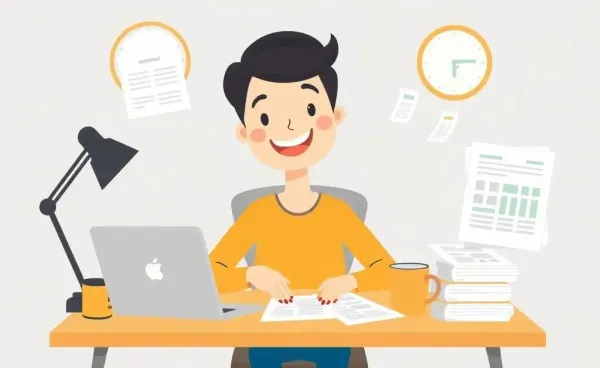Navigating the Stress of a Car Accident: What to Do When You’re Rear-Ended
Learn what steps to take if you've been rear-ended, from insurance to repairs.
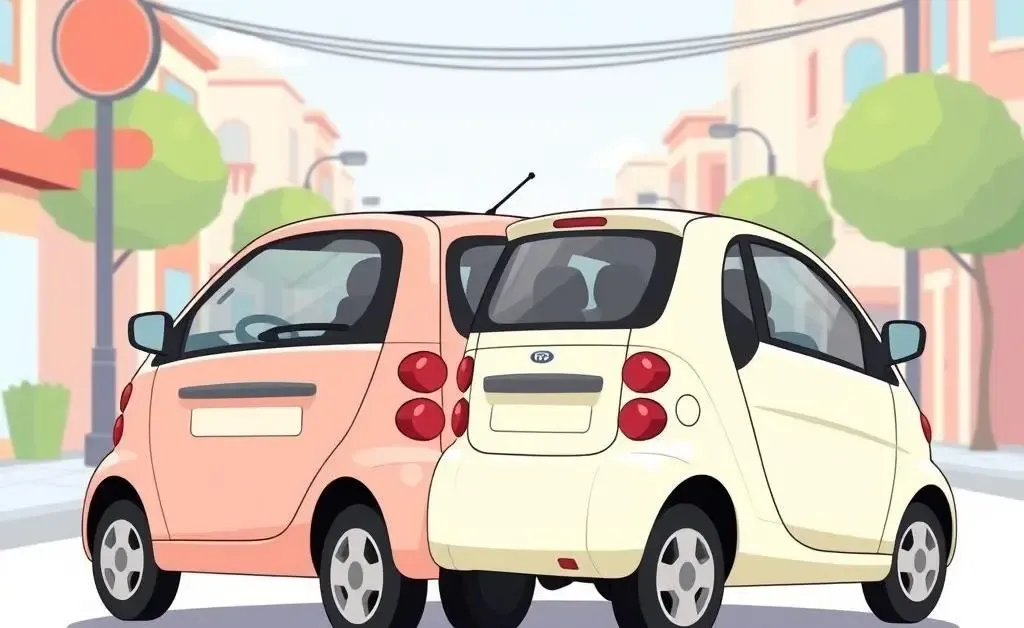
Getting rear-ended in traffic is not only a jarring experience but also a logistical headache. Knowing what to do—and in what order—can be half the battle in reducing stress and getting back on the road smoothly. Let’s walk through the essential steps you should take after a rear-end collision.
Immediate Actions: Stay Calm and Safe
First things first: make sure everyone is safe. If anyone is injured, call emergency services immediately. Ensure your vehicle is parked in a safe area to avoid further accidents. It's hard not to panic, but keeping calm will help you think clearly.
Document the Accident Scene
This is crucial. Take photos of the vehicles, the road conditions, and any damages. Photos are invaluable for insurance claims. You might feel like a detective snapping away, but these snapshots can be your lifesaver later on.
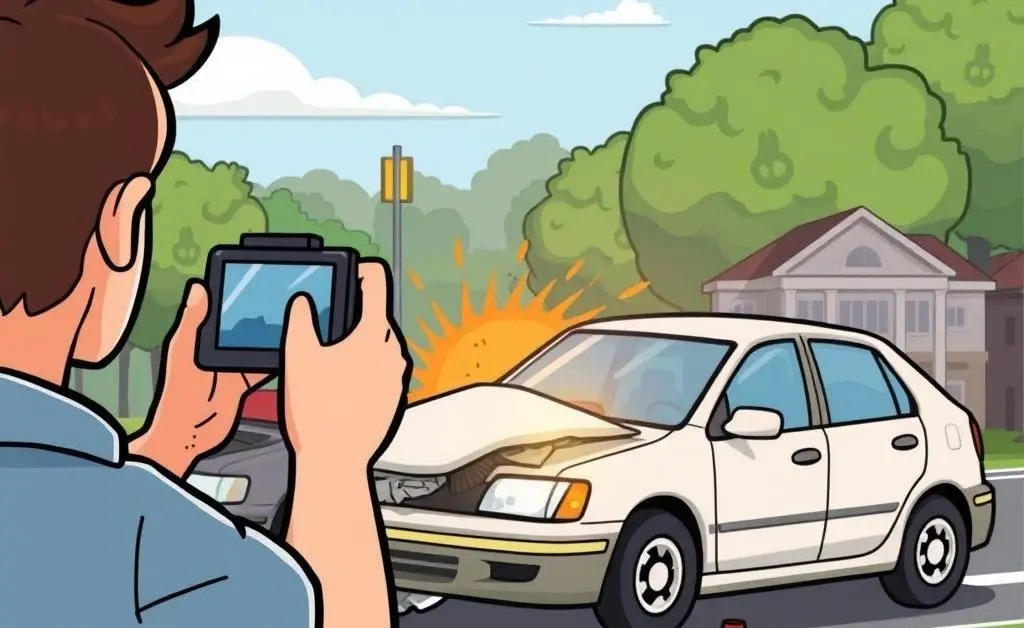
Contacting Insurance and Filing a Claim
Time to dig up that insurance card. Contact your insurance company as soon as you can. They’ll guide you through filing a claim. It's a good idea to have your policy number handy to speed things up.
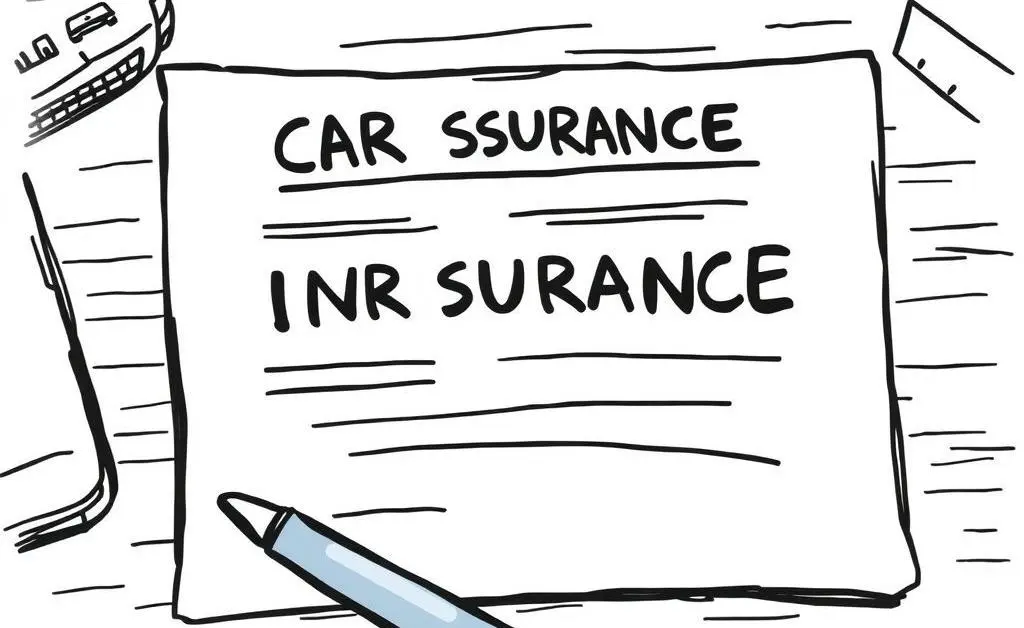
Gather the Necessary Information
- Other party’s contact and insurance information
- Details of the vehicle(s) involved
- Police report number if applicable
Get Your Car Checked
Even if your car seems fine, it’s wise to have a mechanic examine it. Some issues might not be immediately visible. Your insurance may cover the cost or give you a recommendation on where to go.
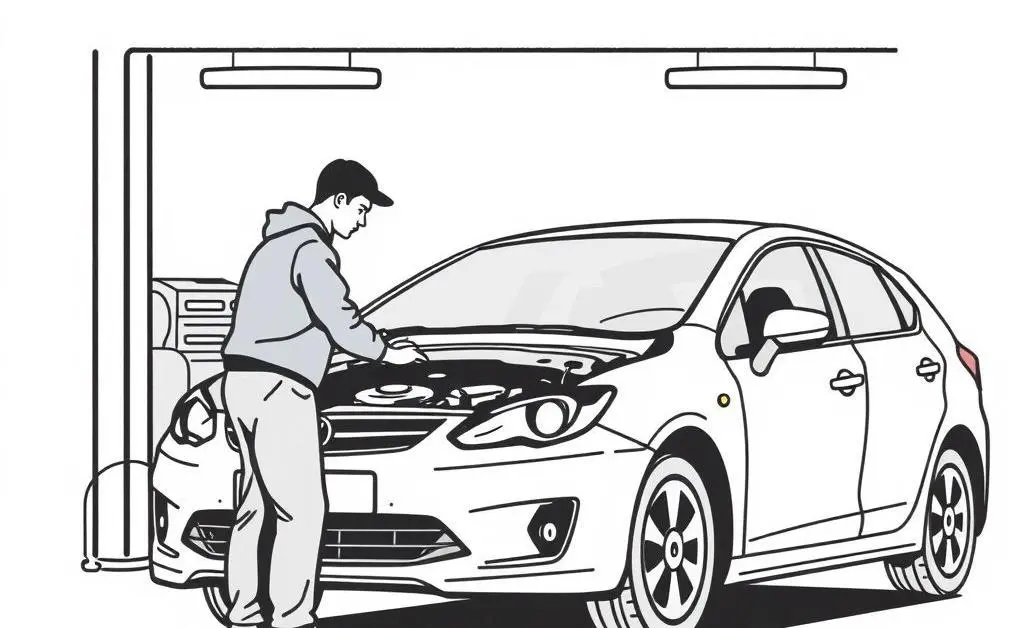
Choosing a Repair Shop
If repairs are needed, you can choose where to go unless your insurance has specific preferred partners. Don’t be shy about asking for estimates and whether repairs are guaranteed.
Reflect and Learn
Being rear-ended is never fun, but coming through the process better prepared for next time can turn a frustrating experience into a learning opportunity. Always have your paperwork accessible, and maybe even jot down a quick checklist based on this guide for future reference.
Takeaway
So, who'd have thought a little bit of planning could make even the crankiest moments manageable? How have you handled car accidents in the past, and what did you wish you’d known beforehand?

